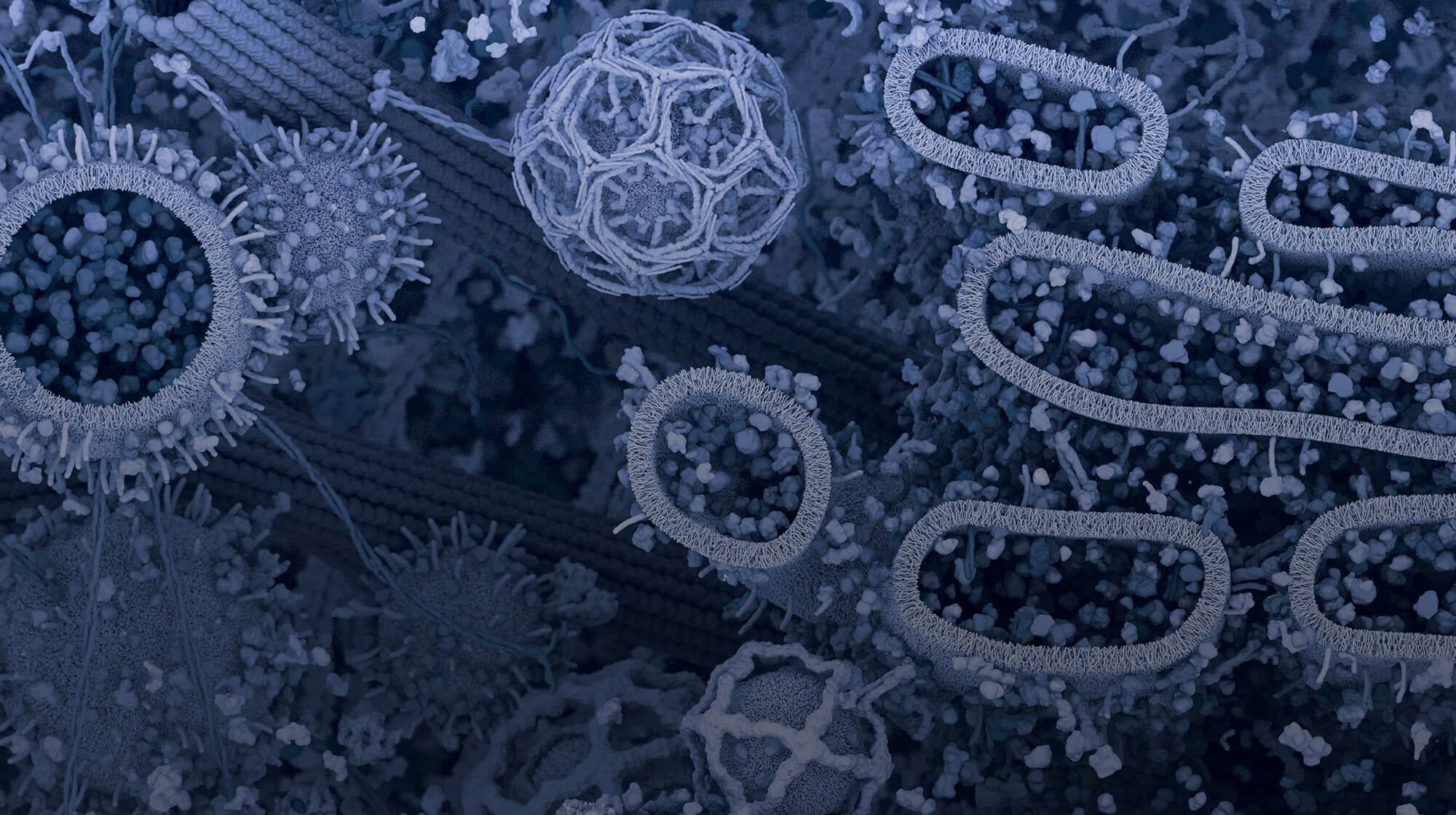
While it is well established that DNA damage can increase the risk of cancer, changes to the epigenome or the chromatin architecture are equally important. DNA damage triggers a redistribution of DNA-binding proteins around the site of damage, resulting in localized and temporary alteration of chromatin structure. However, repeated cycles of DNA damage and repair may lead to permanent changes in the epigenome, thereby promoting the onset of diseases such as cancer. This webinar will examine how we may be able to develop effective new therapeutic options for cancer treatment by targeting proteins responsible for chromatin modifications.
During the webinar, the speakers will:
- Highlight the mechanisms of tumorigenesis and genomic instability resulting from copy number gains
- Explain the different forms of DNA damage that lead to genomic instability and tumorigenesis
- Investigate how understanding genomic instability can inform the development of cancer treatments
- Answer your questions live during the broadcast!
Featured Speakers:
AstraZeneca
Cambridge, UK
After you've watched the webinar, check out our Cell Cycle, Checkpoint Control and DNA Damage resource page.
Browse more free videos and webinars available on-demand.




